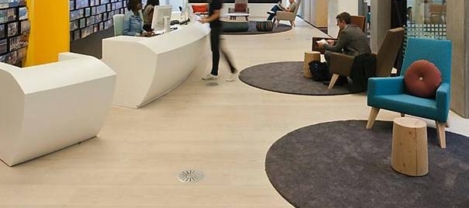January 14, 2016
UK workforce is on the brink of a mass exodus of senior staff 0
 Despite government warnings of a looming skills shortage there remains a strong societal pressure for older workers to leave the workforce at state pension age. In a poll of 2,001 British adults by Randstad, three quarters of respondents report feeling this pressure, with 32 percent of respondents saying the pressure is ‘significant’. Only one in six workers (17 percent) feel there is no pressure. More than a third of workers (35 percent) plan to retire early as they feel “like they won’t be wanted in the workforce when older” – and a small but significant proportion of workers (7 percent) plan to retire early because they are worried about age discrimination. Keeping older workers says the report, requires initiatives like increasing the availability of flexible working and rolling-out phased retirement programmes, as well as a wider effort to publicise these efforts and change the attitudes of older workers.
Despite government warnings of a looming skills shortage there remains a strong societal pressure for older workers to leave the workforce at state pension age. In a poll of 2,001 British adults by Randstad, three quarters of respondents report feeling this pressure, with 32 percent of respondents saying the pressure is ‘significant’. Only one in six workers (17 percent) feel there is no pressure. More than a third of workers (35 percent) plan to retire early as they feel “like they won’t be wanted in the workforce when older” – and a small but significant proportion of workers (7 percent) plan to retire early because they are worried about age discrimination. Keeping older workers says the report, requires initiatives like increasing the availability of flexible working and rolling-out phased retirement programmes, as well as a wider effort to publicise these efforts and change the attitudes of older workers.





































January 12, 2016
A cynic’s field guide to workplace terminology, part three 0
by Simon Heath • Comment, Facilities management, Technology, Workplace, Workplace design
(more…)